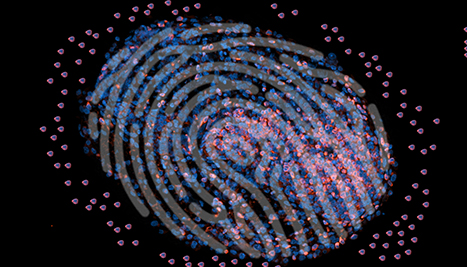Methods of Producing Thymic Emigrants from Induced Pluripotent Stem Cells
Hematopoietic and pluripotent stem cells can be differentiated into T cells with potential clinical utility. Current approaches for in vitro T cell production rely on Notch signaling and artificial mimicry of thymic selection. However, these approaches result in unconventional or phenotypically aberrant T cells; which may lead to unpredictable behavior in clinical use. Thus, there exists a need for improved methods of generating conventional T cells in vitro from stem cells.
Researchers at the National Cancer Institute (NCI) have developed a novel method for the in vitro differentiation of induced pluripotent stem cells (iPSCs) into induced pluripotent stem cell thymic emigrant (iTE) cells. Cells produced by this method are functionally equivalent to natural naïve CD8αβ+ T cells. The approach utilizes improved fetal thymic organ culture methodology to mature progenitor cells into conventional T cells in the presence of extrinsic Notch signaling. Cell culture conditions further provide for positive and negative selection to ensure proper maturation. This method produces conventional T cells that are suitable for clinical applications such adoptive cell therapy.
The NCI, Surgery Branch, is seeking statements of capability or interest from parties interested in licensing or collaborative research to further develop, evaluate, or commercialize this method of generating naïve T cells from iPSCs.
Image: A visual allegory of the generation of iPSC-derived thymic emigrants (in red).
Photo credit: Michael J. Kruhlak, Experimental Transplantation and Immunology Branch (ETIB)
CCR News: https://ccr.cancer.gov/news/article/stem-cell-technology-rejuvenates-can...
Competitive Advantages:
- Long term development of this technology can be applied to a wide range of services in regenerative medicine and immunology
- Improved fetal thymic organ culture methodology using a hanging-drop system
Commercial Applications:
- Applicable for the generation of minimally differentiated T-cells for cancer therapy and broad repertoires of T-cells for patients with lymphopenia

